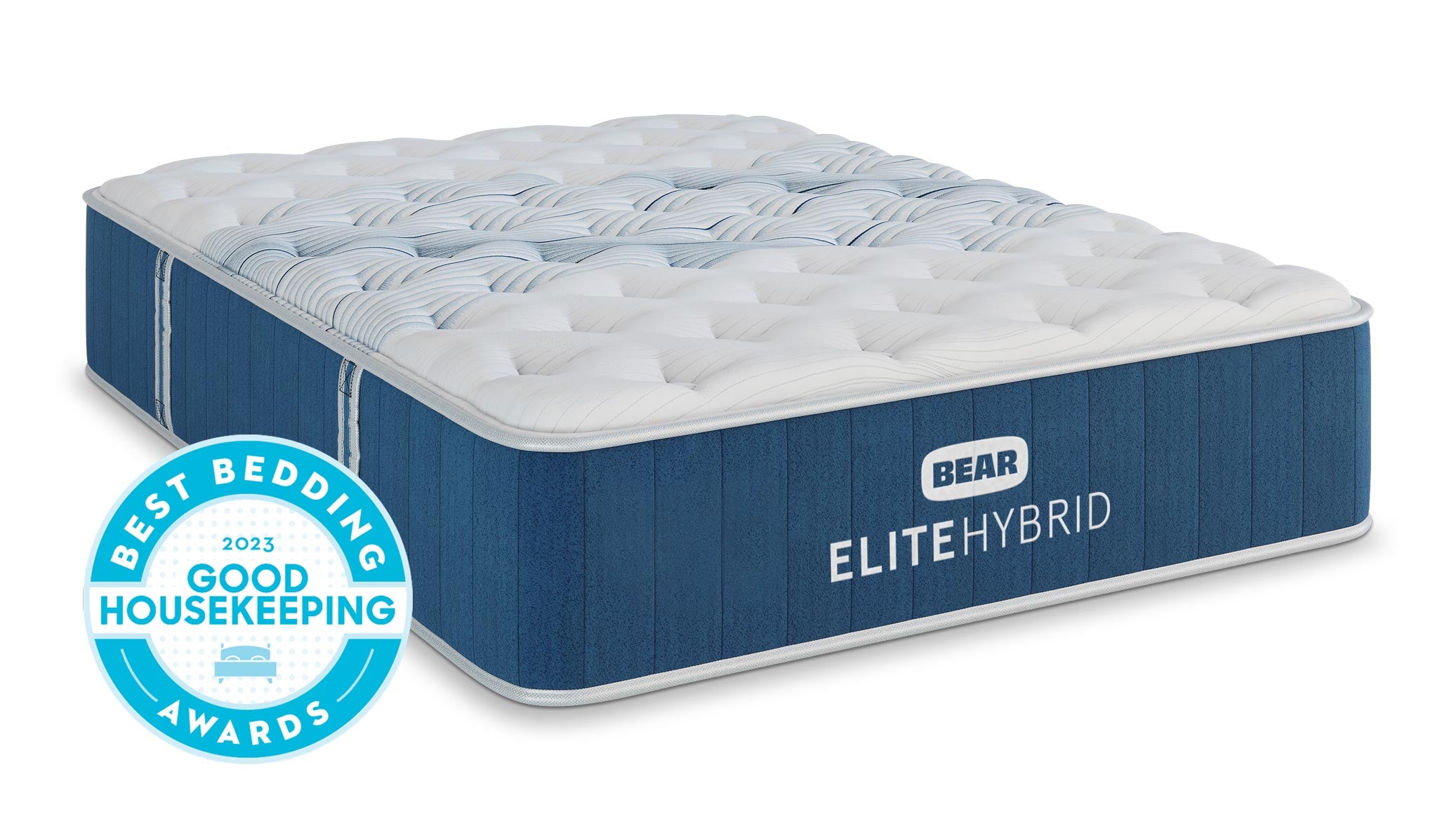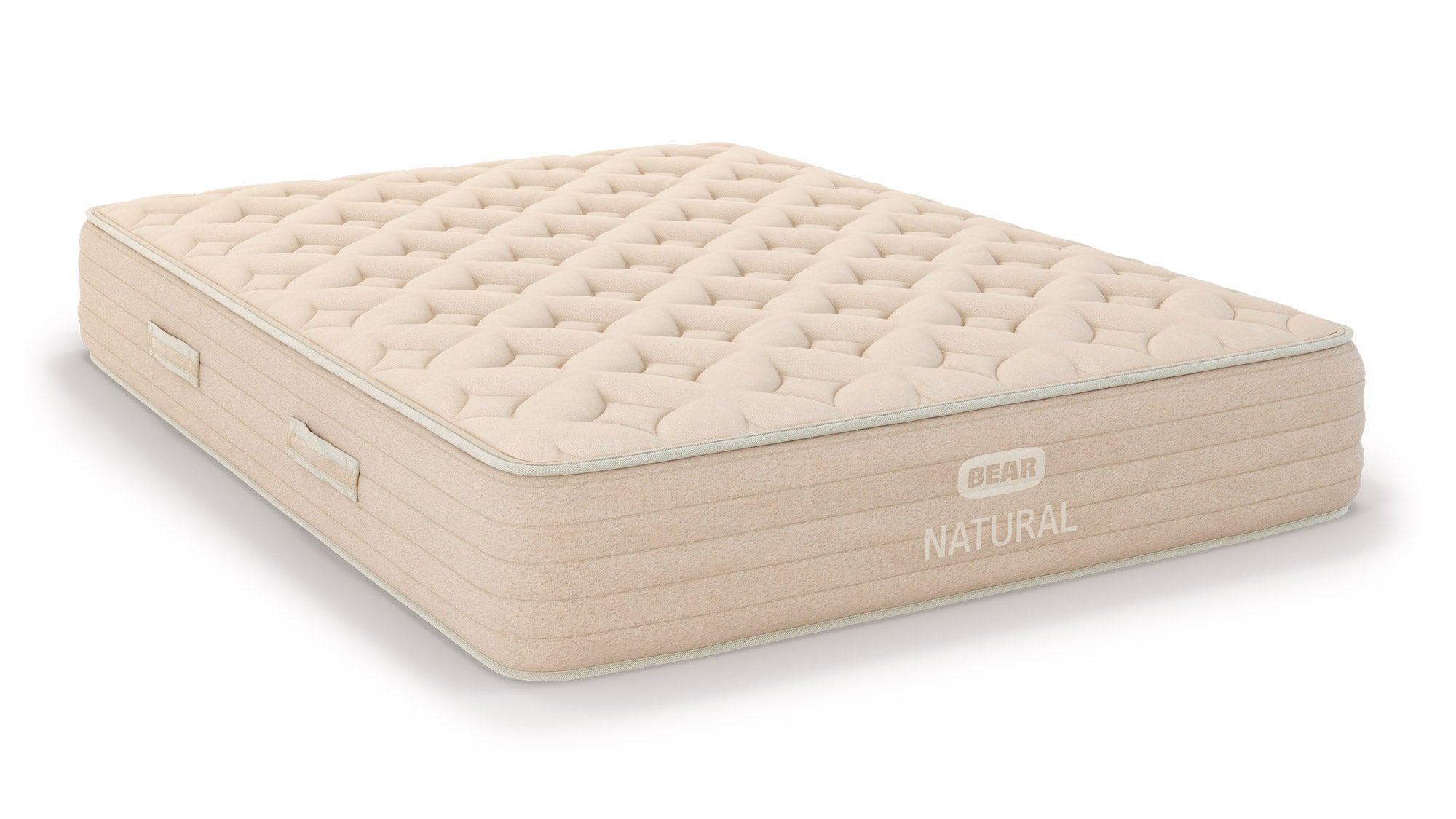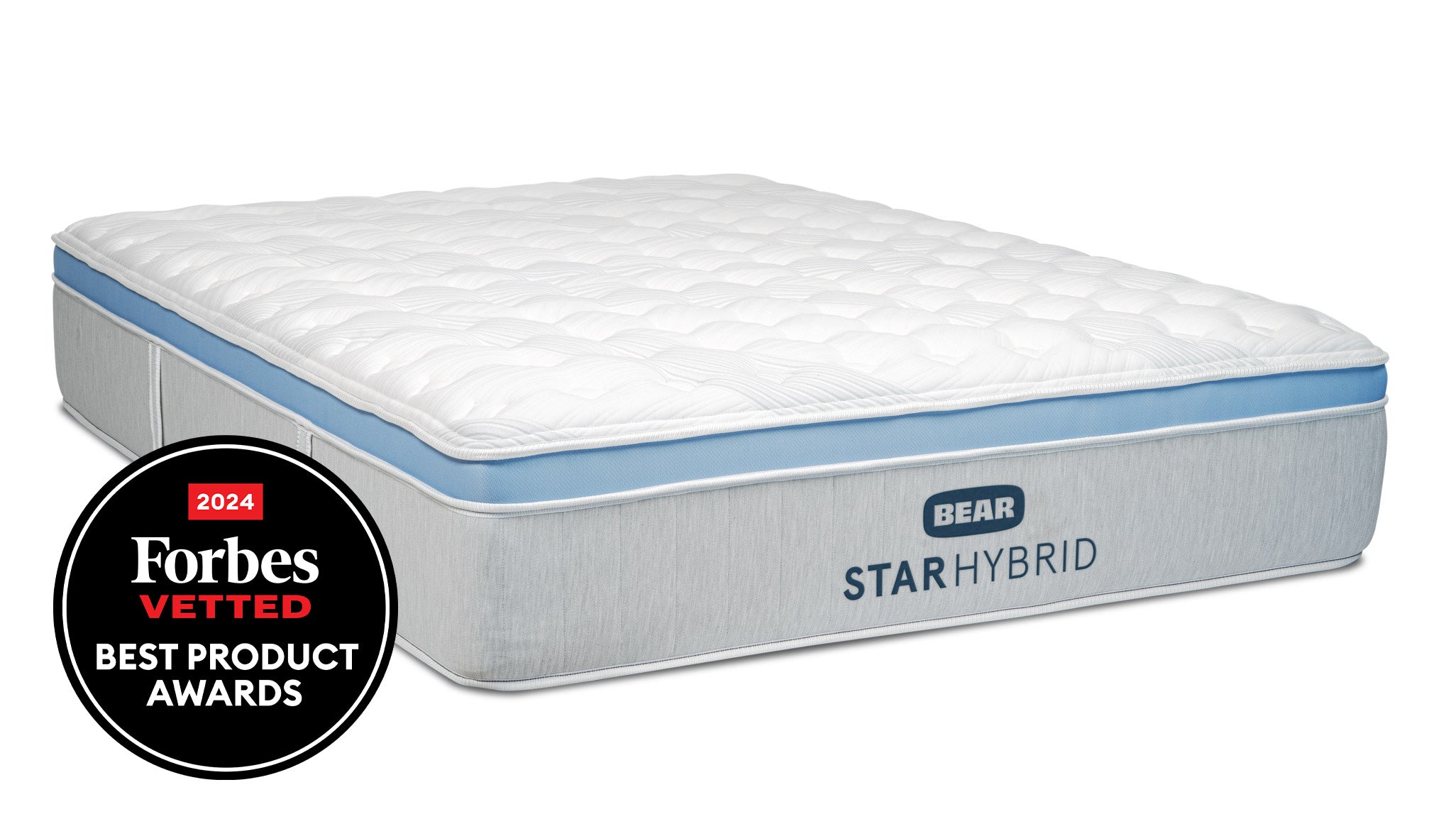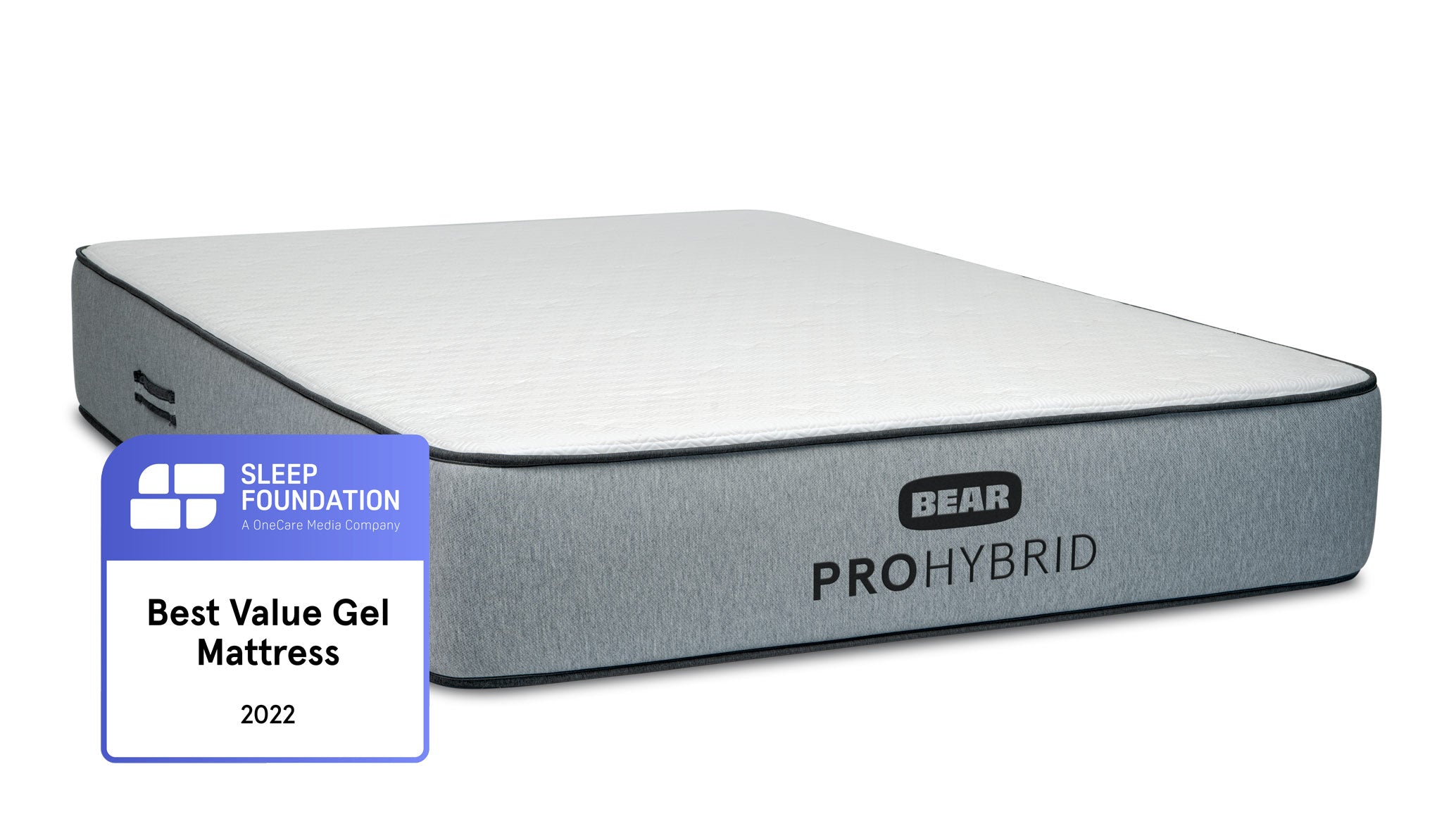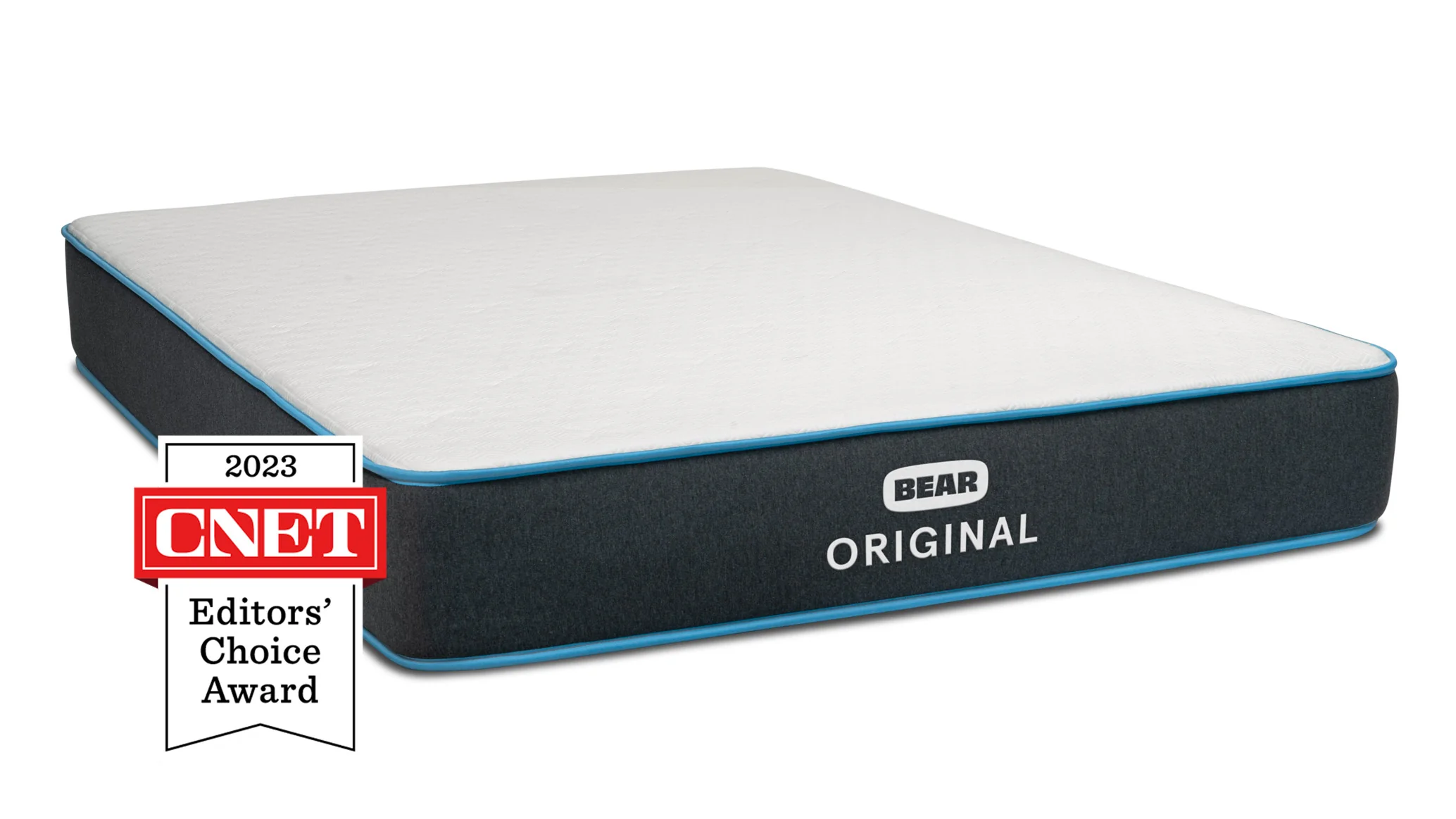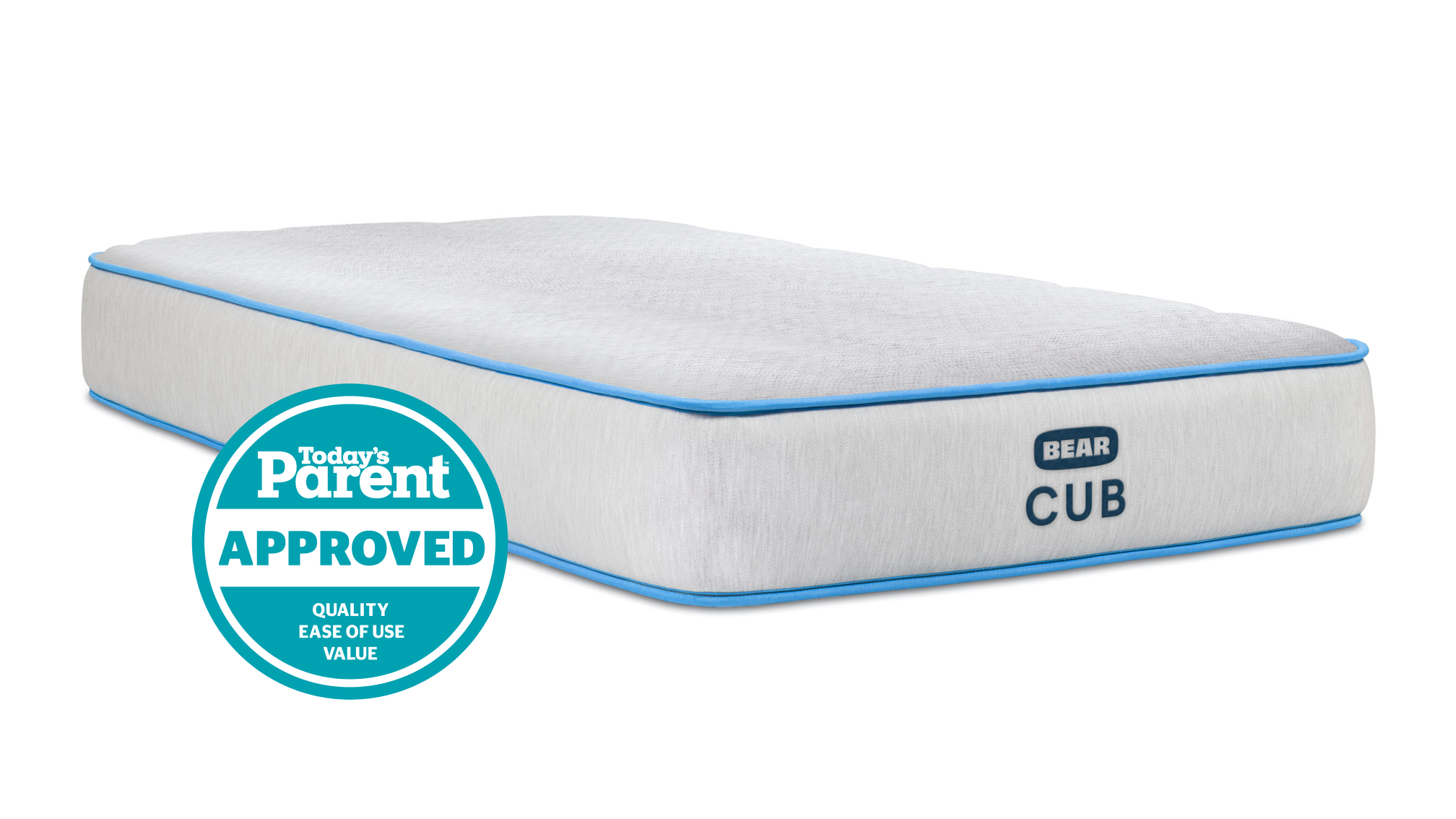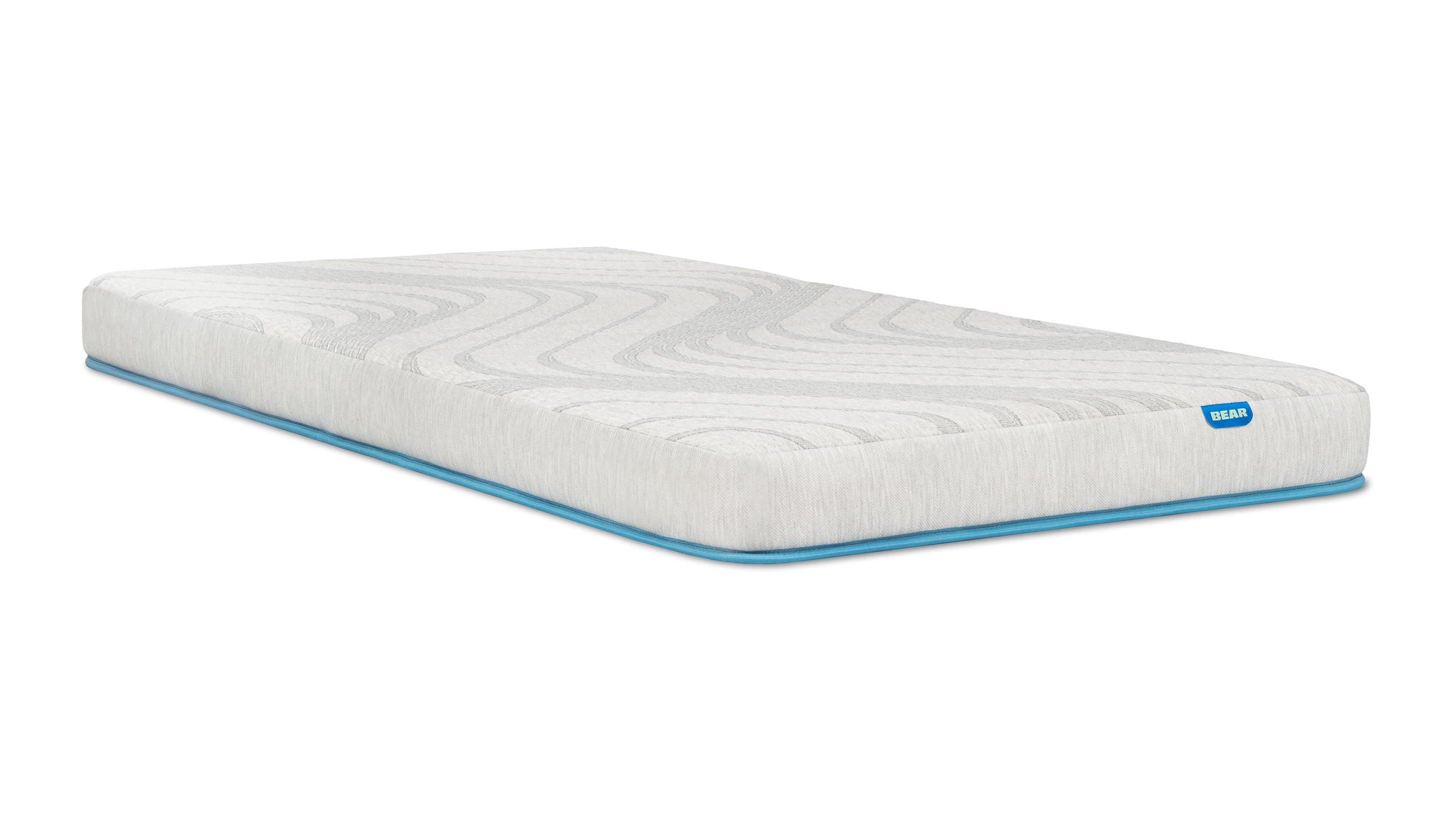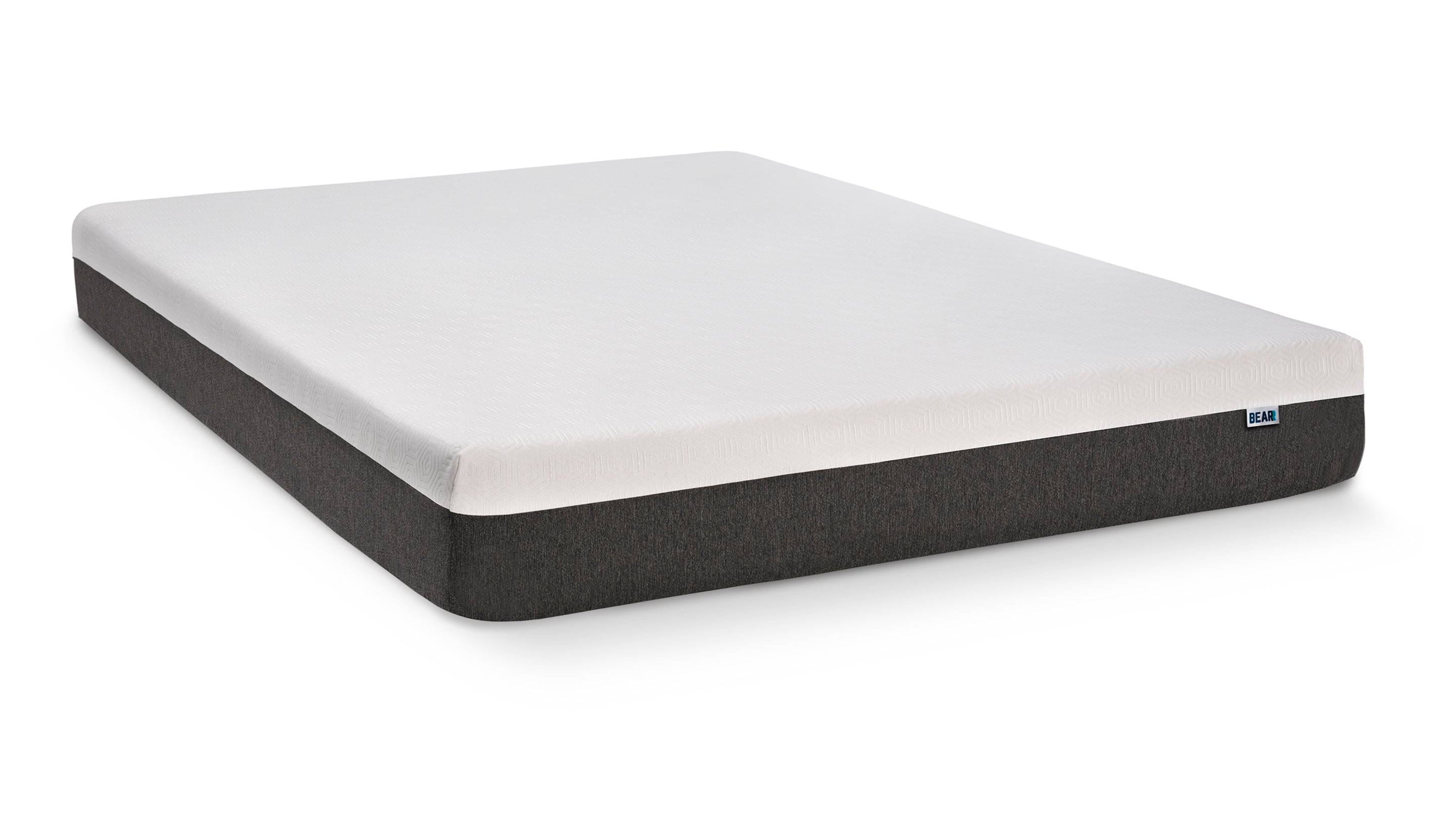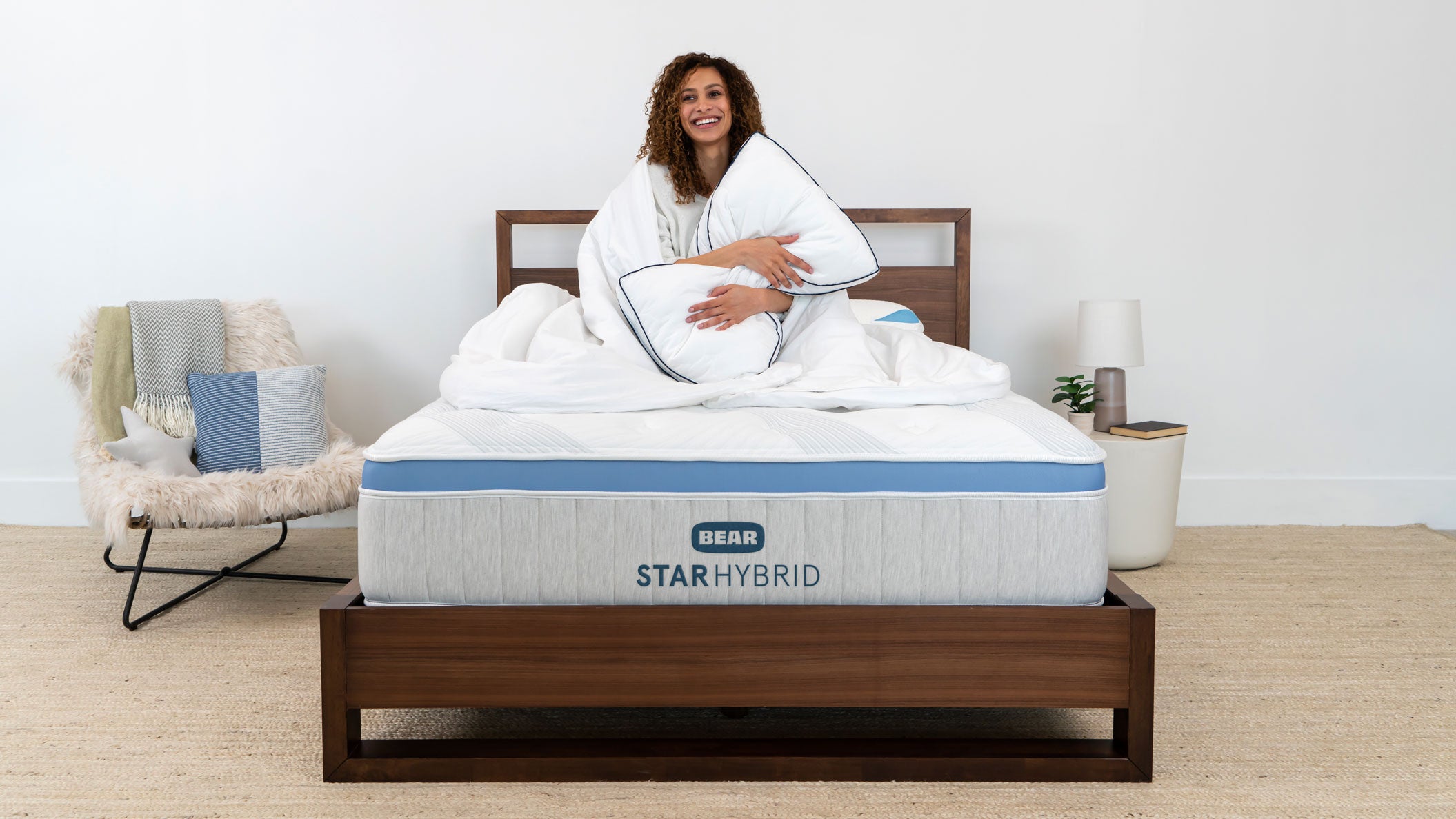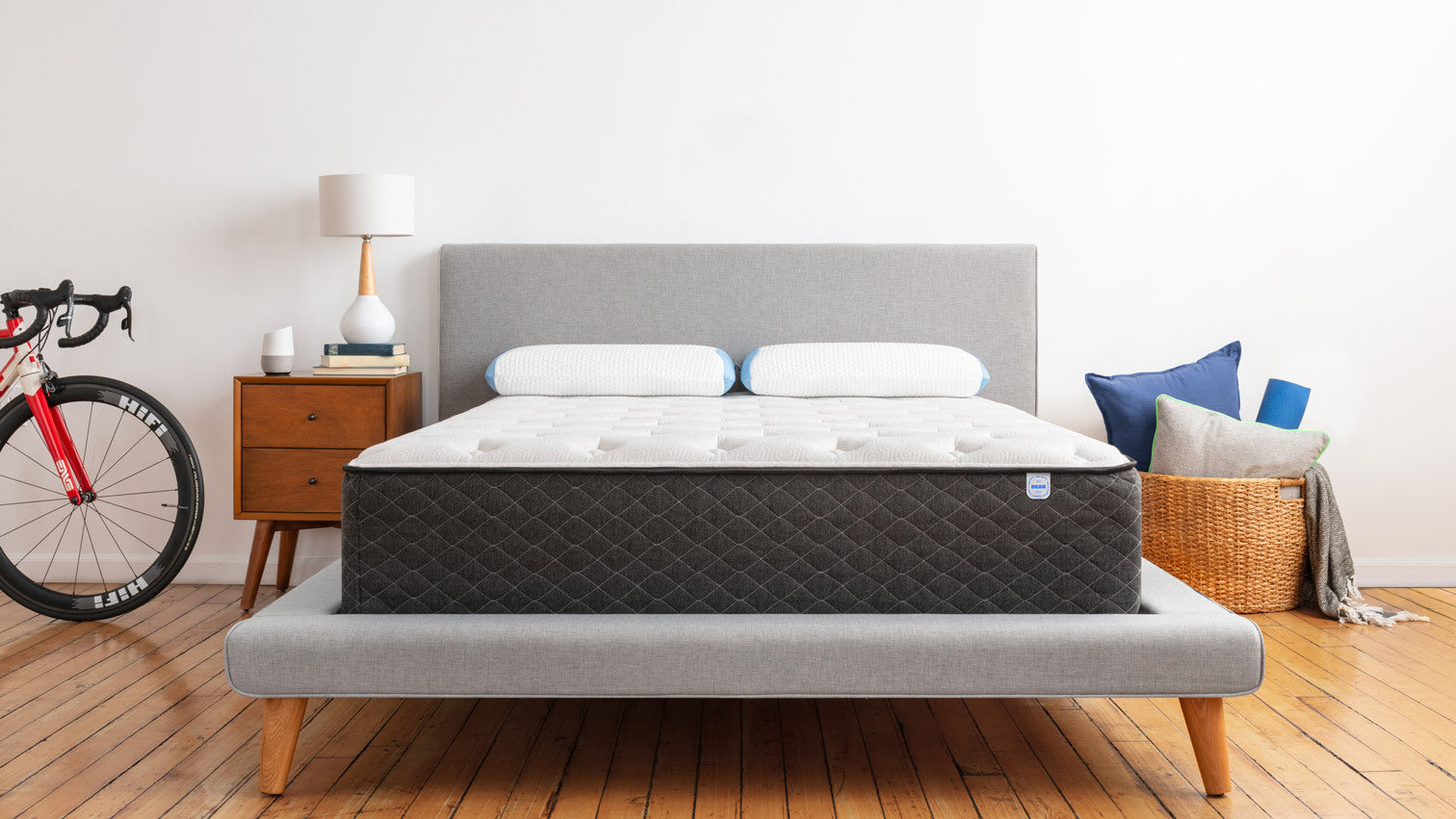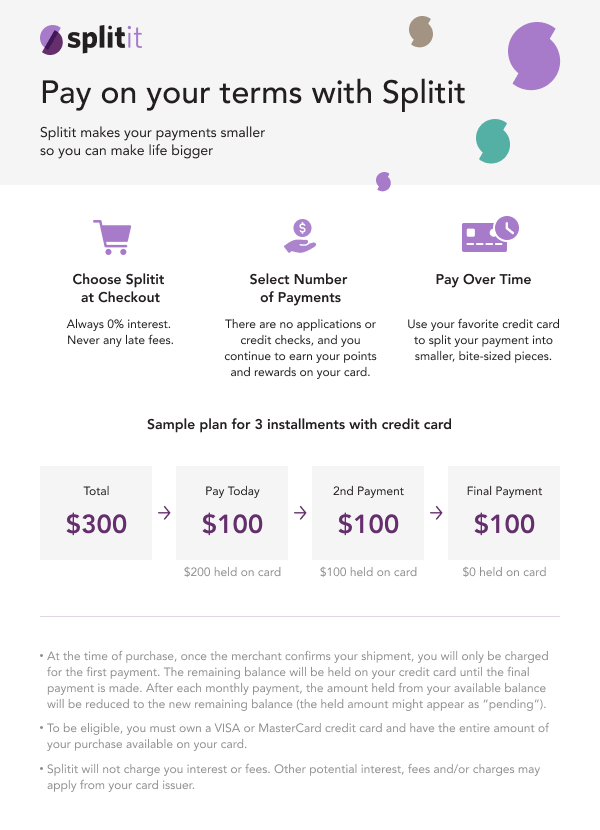If you have trouble sleeping, you’re not alone: roughly one-third of American adults get less than seven hours of sleep per night — many of whom have used some sort of sleep aid in the past year.
Natural sleep supplements are an attractive alternative to conventional sleep medications because they’re non-habit forming and don’t require a prescription. However, most natural sleep aids are sold as dietary supplements, which aren’t closely regulated by the FDA — and there’s a lack of high-quality research about their effectiveness and safety.
This leaves many questions for people who suffer from sleeping problems, which is why it’s important to understand the potential risks and benefits of taking natural sleep aids. Be smart. Make sure you talk to your doctor before taking any supplement.
Melatonin

The most popular sleep supplement, melatonin is a hormone the human brain produces to regulate circadian rhythm.
Pros:
- May be helpful for children and elderly people who can’t produce sufficient amounts of melatonin naturally.
- May be helpful for people with delayed sleep-wake phase disorder (DSWPD) — or even just night owls who want to get to bed earlier than their internal clock allows.
- Can help with jet lag.
- Generally safe for short-term use (usually three months or less, though some doctors suggest stopping use if sleep doesn’t improve after 1–2 weeks).
Cons:
- Can cause headaches, dizziness, nausea, and next-day drowsiness.
- Can interact with a variety of medications, like anticoagulants and antiplatelet drugs, contraceptives, and diabetes medications.
- Can be risky for people who are pregnant or breastfeeding, or have an autoimmune disorder, a seizure disorder, or depression.
- Little research about the safety of long-term use.
Valerian Root

Valerian is a tall, flowering plant whose root extracts are often used as an herbal sleep remedy. Many herbal “sleepytime” teas contain it, though it’s also available as a capsule or liquid extract.
Pros:
- One review of herbal medicines concluded that valerian was the most promising for sleep and insomnia.
- Thought to be fairly safe and generally well-tolerated.
Cons:
- Unclear which dose is effective and safe, or how long you should take a particular dose.
- Side effects may include: headache, dizziness, stomach problems, or sleeplessness.
- May not be safe for those who are pregnant or breastfeeding, or have liver disease.
- Can enhance the sedative effects of depressants and other sleep aids.
L-Theanine

An amino acid found in tea leaves and some mushrooms, l-theanine is said to ease anxiety, stress, and insomnia.
Pros:
- Boosts levels of GABA and other calming neurotransmitters, such as dopamine and serotonin, that help with sleep.
- L-theanine’s combined effects with GABA improves non-REM sleep, according to one study .
- May improve the overall quality of sleep, rather than merely acting as a sedative.
- Generally well-tolerated by healthy adults.
Cons:
- Currently no safe dosage recommendation for l-theanine.
- May lower blood pressure, so it can be risky for people who have low blood pressure already.
- May have interactions with high blood pressure and stimulant medications.
Still Unsure About Natural Sleep Supplements?
Natural sleep aids aren’t the only option for treating poor sleep. In fact, it’s often better to work on improving sleep hygiene before resorting to pills and supplements. For example, you can actively avoid using your phone or laptop for at least an hour before bedtime — or work on going to bed at the same time every night. You might also want to improve your sleep environment by getting a better mattress, turning down the thermostat, or using a white noise machine.
However, if you’ve been experiencing sleeplessness or insomnia for more than a month, you may want to consult your doctor. The longer you let insomnia (or other sleep problems) go unchecked, the harder it is to treat — but a medical professional can provide recommendations for lifestyle changes, sleep therapy, or even natural sleep aids, if you do decide they’re right for you.
